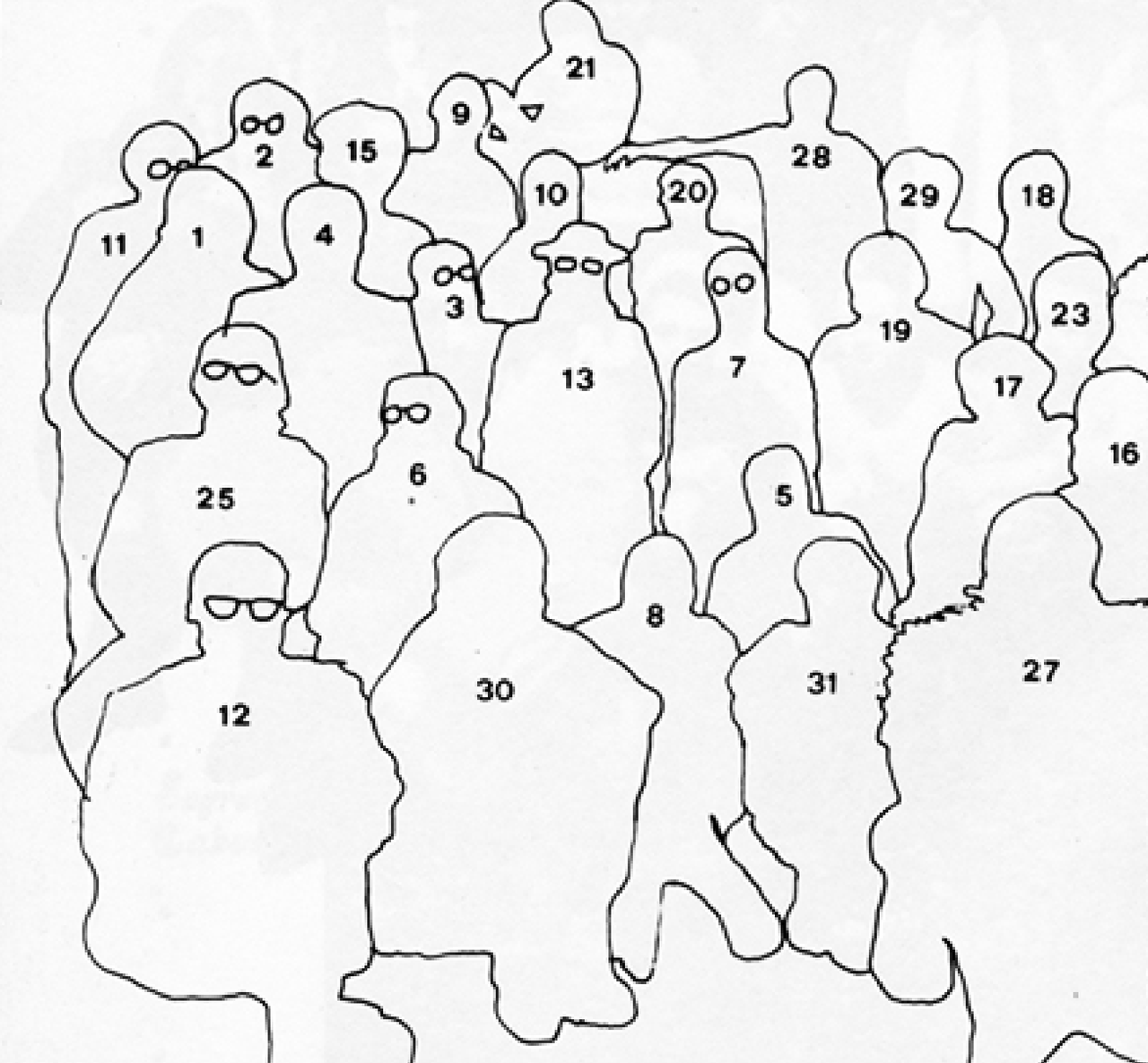2nd Blog: by Daniel Gaar - Sunday, 25 December 2022, 1:04 AM
As someone who has lived most of his life in Germany, it may sound like a surprise that dealing with language in Liechtenstein has been an emerging topic for me. Born in Russia my mother tongue is split between Russian and German. Besides that I learned English and French in school, which makes up quite a pool to choose from. But why has this been an issue in Liechtenstein? It must seem that the more the better to choose from, but it can be a hurtle. Living in the dormitory not only introduces you to a lot of people, it introduces you to a lot of international people. Nationalities range from Brazil to Korea, with more than 20 languages. I was surprised to even meet someone from Russia there and actually speaking it again after quite some time. The Germans in the dorms who don´t have an accent feel most familiar to talk to, since the Liechtenstein or Vorarlberg people often do posses a strong one, which is again also different from the Swiss one. The outtake from this is : it gets confusing sometimes to pick the language you want to use depending on the people who are present. If all but one person speaks German do you switch to English or let them feel excluded for some minutes till you finished that conversation? It seems like a minor situation but can tell you a lot about the values and relationships people have. When you come into this situation often enough you start defaulting to English with every conversation since it spares you this thinking which I think is the best solution. Nobody should feel excluded based on their skills, especially non German speakers. While this is the external side of speaking in different tongues, the internal part goes much deeper. There is a theory in linguistics that states a person who speaks different languages switches up their personality depending on the language they speak. A language incorporates all the different habits and morals of a language. A simple expression can tell you about the value something has in the culture, it is a complex ruleset of how to perceive the world through different histories. For me this switch between languages causes that exact effect, it changes how I see things intermitted based on which language I use to describe it. An expression in Russian would always feel more pure to me than German since it´s the language I spoke first in my life. A French expression will always feel more complex and intertwined than English. Sometimes this way of thinking makes it feel like you´re swapping glasses with different lenses, one redder than the other. Do you have to settle for one instead of feeling to movement in between? I think this a process that was fueled by my time in Liechtenstein and the exposure to the cultures up close and is part of a bigger story referring to my life growing up between different blocks of the world. This finding of identity plays in into the choice of language and merging of different cultures. As in life you have to find your stand between those different spheres and process all that went into it yet using all the tools that were given to you. Language poses a huge power and privilege in our world which I try to use in a conscious way. Not every expression should be taken blindly from a culture, the different meanings and premises that went into their hold in the different values a culture has. It is your responsibility to use it as you want.
